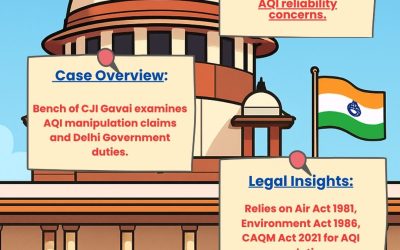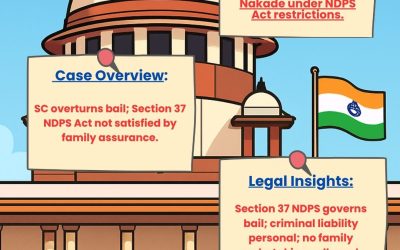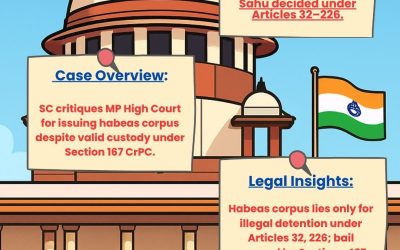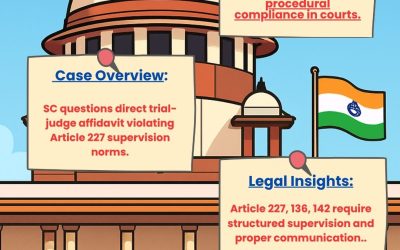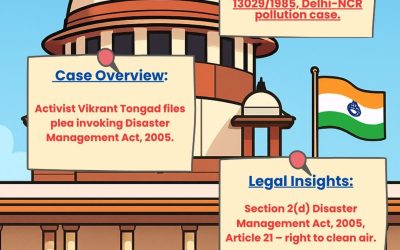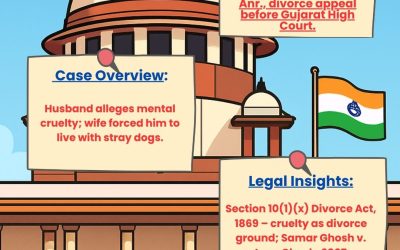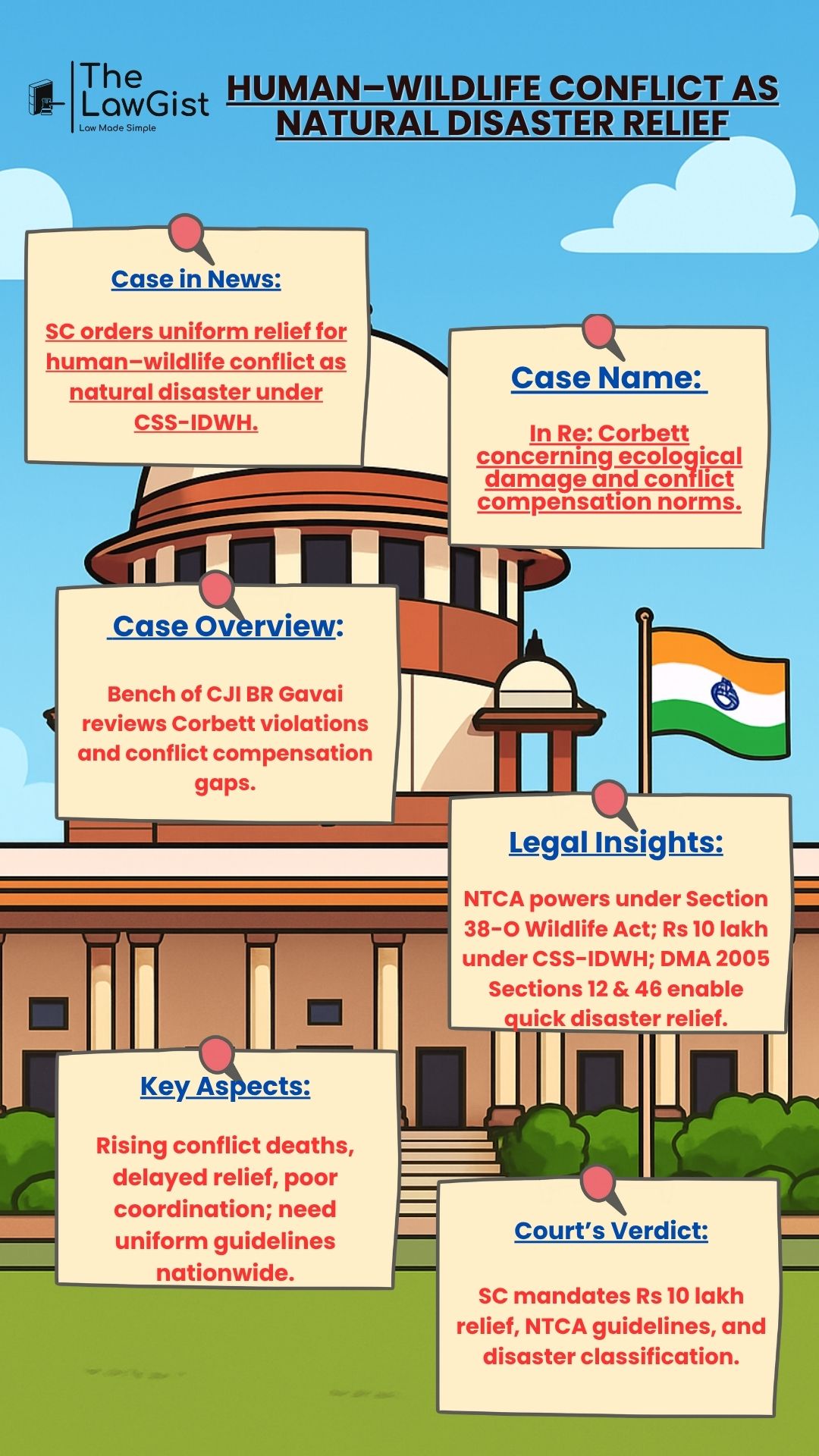
Supreme Court mandates uniform Rs 10 lakh ex-gratia and directs States to treat human–wildlife conflict as a natural disaster for faster relief and stronger protection mechanisms.
Case in NewsSupreme Court directs states on human–wildlife conflict as natural disaster relief with uniform ex-gratia. |
Discover powerful Latin Maxims and simplify complex legal terms in seconds.
Case Overview
Case Name: In Re: Corbett
The Supreme Court of India, led by CJI BR Gavai and Justices AG Masih and Justice AS Chandurkar, examined ecological violations in the Jim Corbett Tiger Reserve, which expanded into a broader inquiry on the national management of human–wildlife conflict . The Court expressed concern over the inconsistent compensation practices across States and the absence of uniform guidelines . This prompted a series of directions aimed at ensuring accountability, quicker relief and structured conflict-mitigation measures nationwide .
Step into the world of justice with Courtroom Chronicles
Key Aspects
Before listing the main aspects, it is important to understand that the Court assessed both the rising conflict incidents and the administrative gaps that prevent timely relief to victims . The situation demanded a national response framework and clarity in inter-departmental roles . The Court took note of the urgency due to repeated human casualties and unchecked habitat pressures .
- Increase in human deaths, injuries, crop loss and cattle loss due to wildlife .
- Lack of uniform compensation policies causing delays and hardship .
- Poor coordination among Forest, Police, Revenue and Disaster Management departments .
- Need for standardised national guidelines for conflict-mitigation .
Legal Insights
The Court’s directions were anchored in statutory mandates and existing central schemes . It stressed the need for uniformity in relief and guidelines across States and invoked legal provisions that enable effective conflict management . These provisions ensure that States remain accountable and obligated to deliver timely compensation .
- Section 38-O, Wildlife (Protection) Act, 1972 – empowers NTCA to issue guidelines for tiger conservation including conflict responses .
- CSS–Integrated Development of Wildlife Habitats (CSS-IDWH) – MoEF&CC scheme fixing Rs 10 lakh ex-gratia for human death .
- Sections 12 & 46, Disaster Management Act, 2005 – allow relief mechanisms and inclusion of events in notified disasters for faster fund disbursal .
- Direction to States to integrate conflict-relief systems with district-level disaster management authorities for smooth and inclusive compensation .
Court’s Verdict
The Supreme Court of India directed all States to mandatorily grant Rs 10 lakh ex-gratia for every human death due to wildlife, in line with MoEF&CC’s CSS-IDWH scheme . The NTCA must prepare Model Guidelines within six months and States must implement them within six months thereafter . The Court urged all States to consider declaring human–wildlife conflict a natural disaster to ensure faster relief, clearer departmental accountability and stronger public trust in conservation programmes .
Source – Supreme Court of India
Read also – Compensation order
The LawGist ensures exam success with quality notes—TPL, Current Affairs, Recent Judgments, and more. Backed by trusted resources and videos, The LawGist is every aspirant’s first choice.


